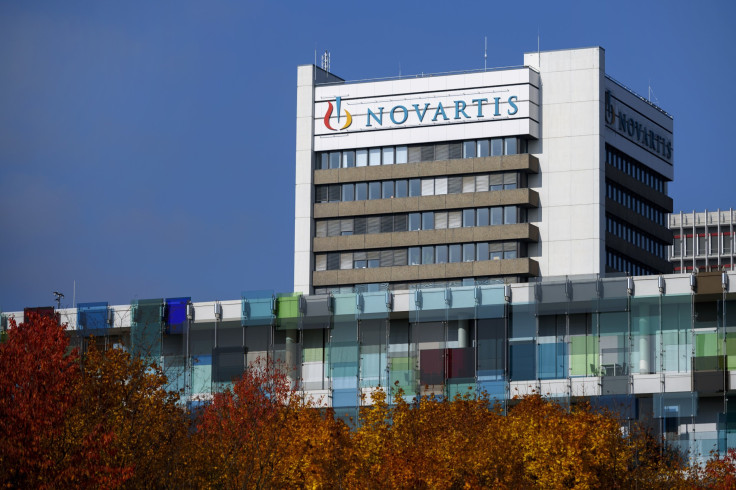Novartis’ $1 Billion China Research Facility Opens In Shanghai

Novartis AG opened its third global facility Wednesday with a $1 billion research and development campus in Shanghai. The others are located in Basel, Switzerland and Cambridge, Massachusetts.
“The commitment that Novartis is making in China is bigger than anybody else in the industry,” Novartis CEO Joe Jimenez said in an interview. “We expect Shanghai to ramp up relatively quickly” in terms of drug discovery, Bloomberg reported.
The seven-building campus is located on the outskirts of Shanghai and has a capacity of 1,300 employees. It includes a fitness center and on-site restaurants.
“China has the potential over the next 10 years to become a major force in global pharma,” Jimenez told the Financial Times on the eve of the opening. Addressing the recent slowdown that has brought China’s sales growth down to single digits, he cited the example of the U.S. and western Europe economies that are “growing at maybe 2 to 3 percent.”
Multinational drug companies have to face multiple hurdles in China— tougher rules for the pricing of branded generic drugs and a rise in compliance costs after GlaxoSmithKline was fined three billion yuan ($489 million) for bribery in 2014.
However, Novartis’ investment shows the country remains an important market for many of them. “Within 35 years there are going to be 200 million more Chinese over the age of 65 than there are now . . . so there will be 340 million people over the age of 65. That’s similar to the total population of the U.S.,” he added.
In March, Novartis agreed to pay $25 million to the U.S. government to settle civil charges that it bribed healthcare professionals in China to boost sales. The Securities and Exchange Commission had said the violations occurred from 2009 to 2013. The company at the time did not admit or deny the allegations.
Jimenez said in the interview that the company has reduced the amount of pay that is variable and increased the amount of fixed pay, which “better balances the incentives for the field sales representatives.” This is expected to reduce the pressure on employees to boost sales through improper incentives.
© Copyright IBTimes 2025. All rights reserved.






















